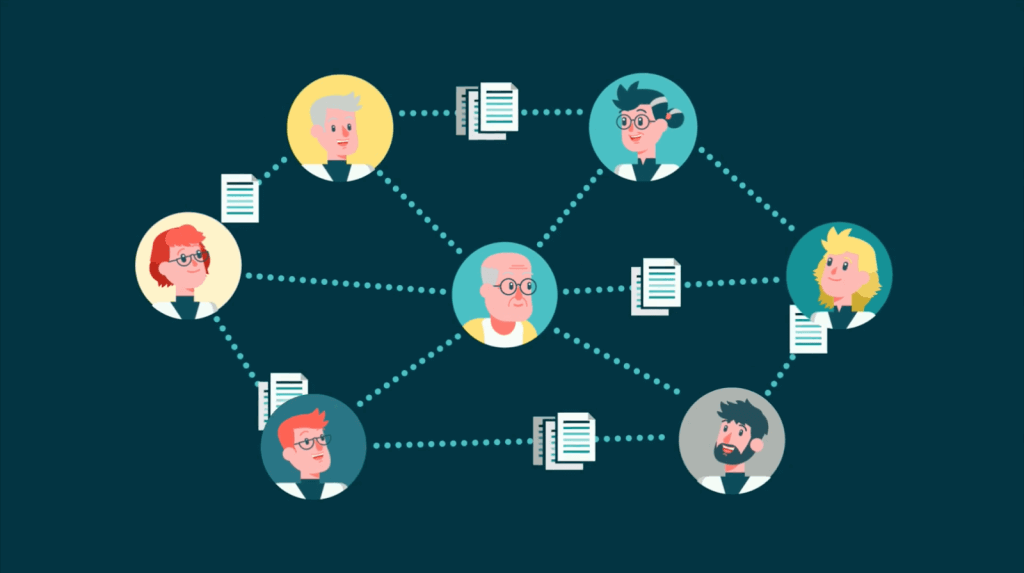
Consumers in today’s connected world are more frequently and freely sharing their personal information. Even the most ordinary tasks—posting a photo, writing a dinner review, checking in to a location on social media, or signing up for a delivery or ride sharing service—require or result in an exchange of data. That information is being collected and analyzed by marketers looking for insight into consumer habits. Tapping into this sea of data can be an invaluable tool for hoteliers who want to learn more about their guests and develop strategies to better serve them. However, aggressive use of data can potentially turn off—and creep out—guests.
Founder and CEO of Absolutdata, Anil Kaul, has been working in advanced analytics, market research, and management consulting for more than 22 years. His decades of experience have taught him that guests’ comfort level with data that’s been collected about them correlates highly with how hotels are using that data. “As long as you use the data to provide value to the guest, they don’t mind that data collection,” Kaul says. “Data collection that does not translate into a better experience but rather just uses some information about the customer that they’re not willing to share—that is where the creepy piece comes in.”
What hoteliers should keep in mind is that sharing data is an exchange that must be perceived as fair to the guest. Kaul recommends that hoteliers consider the following three principles when using guests’ data to add value to their stay.
Be Judicious and Relevant
Guests are more comfortable with data that is used to make offers relevant to what they like. “If I send you an email and say, ‘by the way I noticed that you used our spa and this is what you did,’ that sounds a little creepy,” explains Kaul. However, that same information can still be used to make offers based on a guest’s behavior. “How you’re communicating the information that you have and what you’re using it for becomes really important.”




